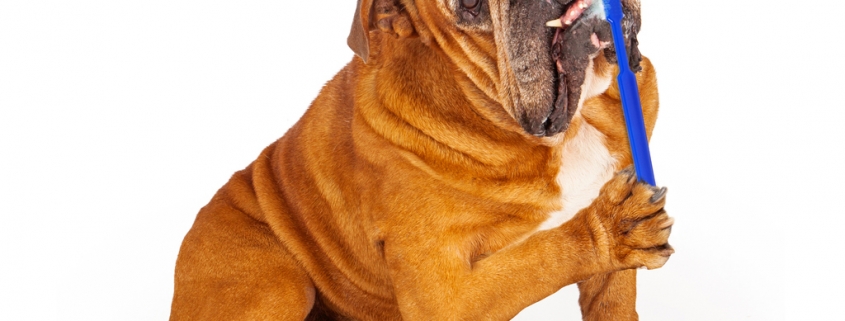Underbites
For those unfamiliar, an underbite is a dental condition where the lower teeth extend further than the front teeth, creating an appearance where the individual looks like a bulldog. Underbites can vary in severity, and although they look like more of a cosmetic issue than anything, severe underbites can affect an individual’s quality of life by affecting things like:
- Their ability to chew and bite their food
- Their ability to speak
Childhood habits
The risk for an underbite can begin when a child is under the age of five. Habits that the child performs on a daily basis may contribute to the development of an underbite, which includes:
- Sucking on their thumb
- Using a pacifier above the age of 3
- Using a bottle long beyond the infancy stage
Genetics
Individuals who suffer from having an underbite often have someone in their immediate family who has also had one in the past.
Injury
Although unlikely, severe trauma to the face where surgery is required or a jawbone has been broken can lead to an underbite. This is dude to the fact that while jawbones are repairable, they may not always line up as they once did before the break.
Medical Treatment
A visit to the dentist will tell you all you need to know about correcting your underbite.
For less severe cases, braces and headgear will be able to move the teeth into the correct position to cure the underbite. Removal of one or more teeth may also be an option if the reason for the underbite is because of overcrowding in the mouth. For the teeth that stick out, your dentist may simply be able to shave and smooth down the problem teeth to create a more even appearance.
Depending on your age, surgery may be recommended for very severe cases as headgear and braces become ineffective for those who already have solidified jawbones. That is why the earlier that an underbite is addressed and treated, the better the chances of having a non-invasive method being used.
Underbite surgery
For those who have surgery as an option, the results are very hopeful. Most, if not all, oral surgeons in your area will be able to correct issues such as underbites by either lengthening the upper jaw or shortening the lower jaw. To keep these changes in place, plates, screws, and wires may be used in some cases. However, surgery is invasive and certain risks are involved including scarring and infection.
To find out which method is best for you to treat your underbite, set up a consultation by visiting our website newburysmiles.com and navigating to the Contact section, or give us a call at +1 805-499-3691

